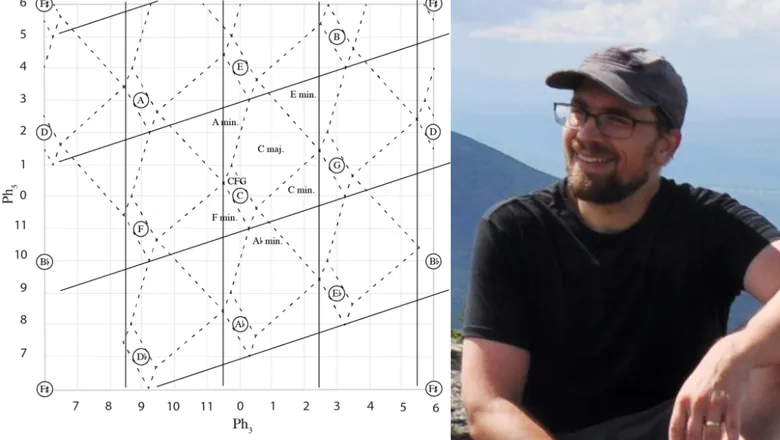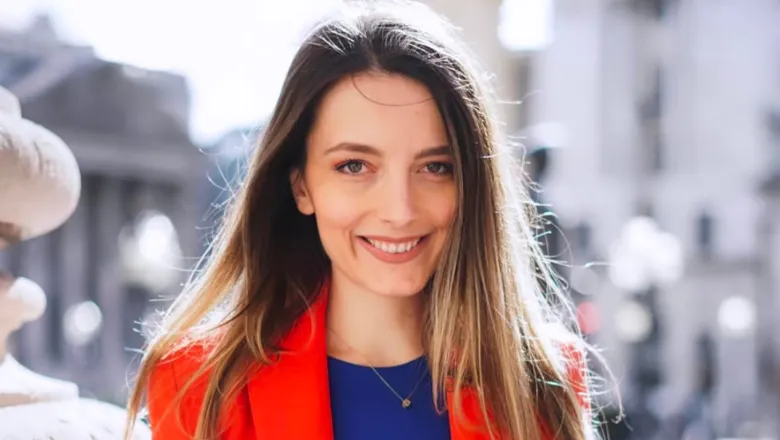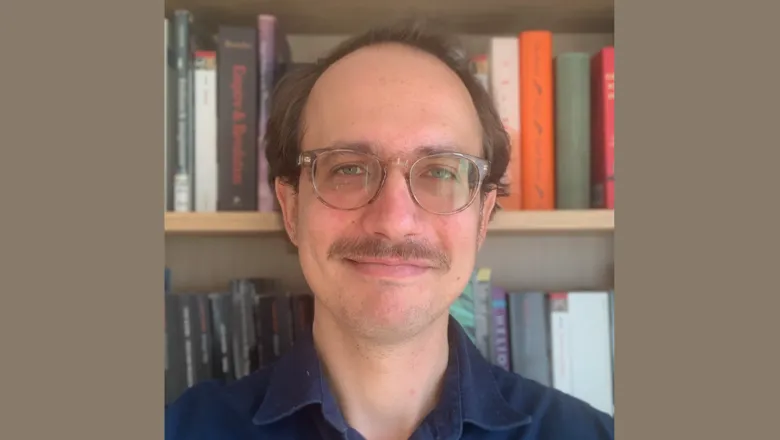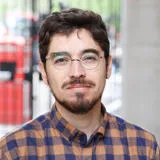What are/is the Computational Humanities?
Computational Humanities is devoted to the application and development of computational and quantitative approaches to humanities data in all its forms. Computational humanities has been an integral part of Digital Humanities since its beginnings, but recent years have seen a particularly favorable context, with increased interest and investment in research around the world.
The group
The Computational Humanities research group within the Department of Digital Humanities at King’s College London brings researchers active in Computational Humanities. The aims of the group are to build a research environment dedicated to CH research, particularly for early-stage career researchers, showcase computational research ongoing in the department of Digital Humanities and beyond via regular seminars and events, attract new research opportunities in the CH space, strengthen links with relevant groups and initiatives, and develop research funding applications.
Our objectives/interests
The group investigates how computational methods augment and transform humanities scholarship. The following themes and groups of questions are central to the group's scope:
- Computational analysis of cultural and social phenomena: How can data science methods be applied to large datasets to study questions in the humanities, particularly in history, art history, geography, archaeology, literary studies, and media studies?
- Open humanities data: How can open research practices be embedded in humanities research? What are the advantages and peculiarities of open data and data publishing for humanities researchers?
- Critical technical practice and the calculation of meanings: how can we critically research and computationally intervene in the calculation of meanings in language, images, and symbols?
- Synthetic media and generative approaches in computational humanities: How to incorporate large general purpose computational models and the forms of synthetic media they produce as tools and objects of research in humanities computing?
For more information, please visit the group’s page on King's College London Digital Humanities.
If you’d like to stay up to date with our activities, please sign up for our mailing list.
Outlined below are specific sub-areas of interest within the group’s scope, together with the respective leads responsible for each domain:
- Computational History and Computational Social Science: Mark J. Hill
- Computational Literary Studies: Erik Ketzan
- Computational Linguistics & Computational Classics: Barbara McGillivray.
- Computational Creativity & Synthetic Media: Daniel Chávez Heras
- Geo-Analytics: Andrea Ballatore
- Music Computing: Mark Gotham
News
King's project awarded €2M UKRI funding to study the evolution of language
A new project led by Dr Barbara McGillivray will receive funding under the UKRI Horizon Europe guarantee.

Events

ISSA Townhall
Intelligent Systems for Screen Archives (ISSA) is a project that aims to develop critical and technical exploration of artificial intelligence technologies...
Please note: this event has passed.

Musical Rhythm as Signal
Jason Yust's research applies mathematics to topics in music theory, music analysis, and music cognition.
Please note: this event has passed.

Structure Meets Strategy in the Misinformation Age: a Simulation-Based Study
Computational Humanities Research Group welcomes Dr Brian Ball, Head of Faculty and Senior Lecturer in Philosophy at Northeastern University London.
Please note: this event has passed.

Evolution of Moral Expressions in Music: Applying MoralBERT to Large-Scale Lyrics Datasets
Vjosa Preniqi (Queen Mary University of London) explores the application of MoralBERT, a tool built to detect and analyse moral foundations in English song...
Please note: this event has passed.

Computing Koselleck: Modelling Semantic Revolutions, 1720–1960
Talk by Ryan Heuser (University of Cambridge), literary historian and computational humanist with fifteen years of experience in researching and teaching in...
Please note: this event has passed.
News
King's project awarded €2M UKRI funding to study the evolution of language
A new project led by Dr Barbara McGillivray will receive funding under the UKRI Horizon Europe guarantee.

Events

ISSA Townhall
Intelligent Systems for Screen Archives (ISSA) is a project that aims to develop critical and technical exploration of artificial intelligence technologies...
Please note: this event has passed.

Musical Rhythm as Signal
Jason Yust's research applies mathematics to topics in music theory, music analysis, and music cognition.
Please note: this event has passed.

Structure Meets Strategy in the Misinformation Age: a Simulation-Based Study
Computational Humanities Research Group welcomes Dr Brian Ball, Head of Faculty and Senior Lecturer in Philosophy at Northeastern University London.
Please note: this event has passed.

Evolution of Moral Expressions in Music: Applying MoralBERT to Large-Scale Lyrics Datasets
Vjosa Preniqi (Queen Mary University of London) explores the application of MoralBERT, a tool built to detect and analyse moral foundations in English song...
Please note: this event has passed.

Computing Koselleck: Modelling Semantic Revolutions, 1720–1960
Talk by Ryan Heuser (University of Cambridge), literary historian and computational humanist with fifteen years of experience in researching and teaching in...
Please note: this event has passed.







